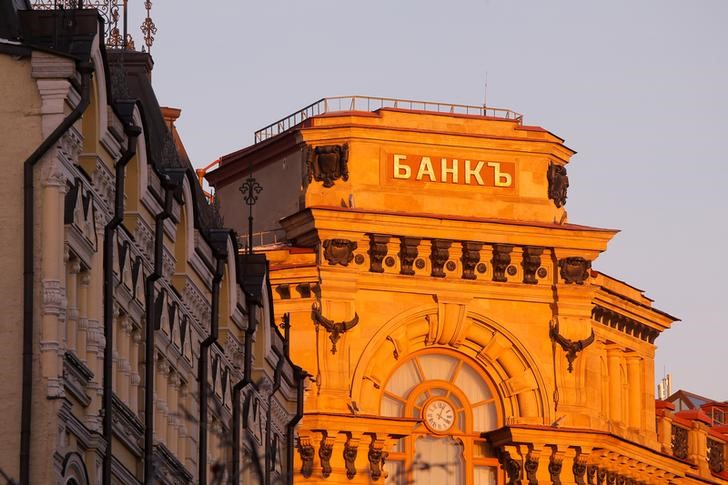MOSCOW (Reuters) - Russia's Highland Gold Mining (HGM) plans to keep its capital expenditure flat at $60 million (48.24 million pounds) and will not take on new debt in 2017 despite ambitious plans to nearly double production in three years, its chief executive said.
Since Denis Alexandrov became CEO in early 2016, the company co-owned by Chelsea soccer club owner Roman Abramovich and his partners has focused on organic growth, doubled its market capitalisation to $720 million and swung back to profit.
"We have shown quite good growth in the last 12 months. The main thing for us it that the liquidity of our shares has improved significantly," Alexandrov said in an interview with Reuters.
"The liquidity has risen thanks to three things: market interest in the gold mining industry woke up, we drew up a clear strategy on where to go, when and with which assets, and we also revealed this story to the market," he said.
HGM, Russia's seventh-largest gold producer, has been listed on London's AIM market since 2002, but many banking analysts stopped coverage of the company due to its low liquidity and limited resources within their research departments. HGM's management is discussing restoring coverage with some analysts.
The company has said it plans to nearly double its production to 500,000 ounces by 2020. Alexandrov said total cash costs (TCC) will be $500 per ounce in 2020 compared with the current market price of around $1,250.
"Our strategy is very simple - we have a large resource base, many deposits with good prospects, and we need to transform these resources into reserves. This is organic growth," the CEO said.
Thanks to higher gold prices, HGM swung to a net profit of $48 million in 2016 from a net loss a year ago, it said on Monday.
The second part of the strategy implies purchases of brownfield assets near its already working assets in Russia's far east and Siberia.
Highland Gold is also considering partnerships with other gold miners for projects in Russia and with Chinese gold miners for its Kyrgyz Unkurtash project, Alexandrov said.
Its 2017 production will remain stable at 255,000-265,000 ounces of gold equivalent, which is a mix of gold and other metals. TCCs are expected to rise this year from $454 in 2016 due to the stronger rouble and spending on geological exploration will fall by $3 million to $5 million.
While the company does not plan to take on new debt in 2017, Alexandrov said it could use some unused credit lines, currently totalling $227 million, to refinance part of its net debt, which stood at $206 million at the end of 2016.
